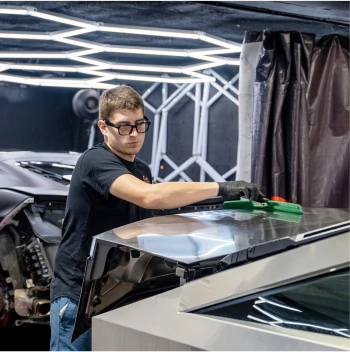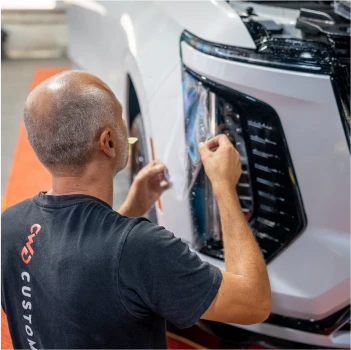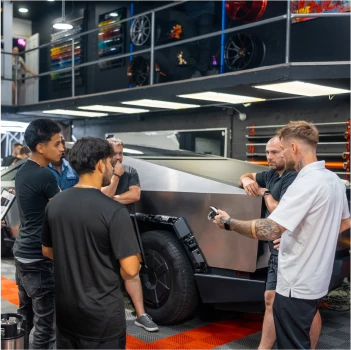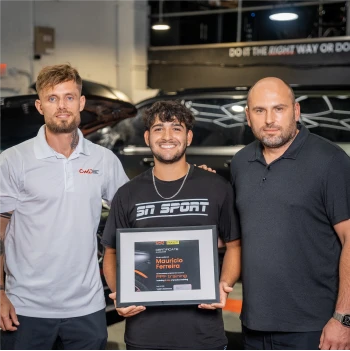Wrap Training in Miami
Car Wraps Training Miami is a great way to start your career in car wrapping. Car wrap training in Miami will give you a complete understanding of the art and help you create toward becoming a professional.
The best way to learn how to apply them is by taking a course from an experienced instructor. You can avoid making mistakes when using vinyl decals and save money by eliminating the need for touch-ups.
Car Wrapping is an exciting new business that has come about with the rise in the popularity of vinyl graphics. Demand has increased due to its simplicity, ease of application, and cost-effectiveness.
The training teaches you everything to know, from basic to advanced techniques. The training course has been designed by prestige professionals in the field who have years of experience and will teach you all you need to know.
Many people are interested in learning how to do professional car wraps but don't know how to start or what steps to take. If this interests you, then read on.
Vehicle / Car Wrap Training. Learn How to Wrap Cars in Miami
Car wrap training in Miami is a growing industry, and the demand for trained professionals is high. Learn how to wrap cars in Miami as a great way to begin your own business. You can use this process to create artwork, advertisements, or just about anything else you can think up.
The course teaches you how to wrap cars, trucks, and other vehicles with vinyl sheets or films. The process involves applying vinyl over the vehicle's exterior surface. This process can be done on its own or with another paint job. The course teaches you how to properly apply vinyl sheeting onto various surfaces using different tools and equipment.
Vinyl wrap training will give you hands-on experience applying vinyl films onto vehicles. You will also learn about proper safety measures during the application process and how to clean messes that happen during the process.
In addition, you learn about proper maintenance once applied to your vehicle's surface. If you are passionate about vehicles and love working with them, this could be a great career path.
What does the Car Wraps Course from CWDWRAP offer?
Wrap classes cover everything from the basics of car wrapping to advanced techniques and even let you practice your new skills. Car wrapping classes Florida generally takes between three and six months to complete, but it can be shorter depending on the student's work schedule and availability of class times.
You'll learn:
- Preparing surfaces for installation
- Basic installation techniques like removing trim pieces
- Applying adhesives correctly
- Adding graphics to a curved surface
- Working with complex shapes
Anyone can learn to install car wraps by taking this course. It's ideal for anyone who wants to start their own business as a mobile installer or wants to get better at their current job as an installer.
Use these techniques to create unique designs for your vehicles that will make them stand out from others on the road. If you're interested in certification, you should take this type of training as soon as possible.
Using other techniques and tools, you'll learn how to install different types of vinyl graphics on various surfaces. You'll also learn to apply window tinting kits, carbon fiber overlays, etc., on trucks.
Check out the features of CWDWRAP Wrapping Course
Applying a vinyl car wrap is similar to using any decal or sticker. However, it requires more preparation and professional equipment than other decals. The process can be confusing for someone who has never done this before, so you must have proper training before attempting it yourself.
Car wrap training in Miami is an opportunity for you to learn how to wrap a car or any other vehicle with a vinyl decal. Car Wrap training in Miami is a course that is designed to teach you the skills and techniques needed to apply it to your car correctly.
An expert teaches the course with years of experience in this field. You'll learn how to design and apply vinyl graphics to vehicles to promote businesses, musicians, movies, and other forms of entertainment.
We offer certification courses for those who already own their businesses but would like to expand their services by providing installation services. After completing this course, you can apply for certification with IWFA and become an officially certified installer. Once approved, you can start using vinyl or other materials for vehicles for profit.











